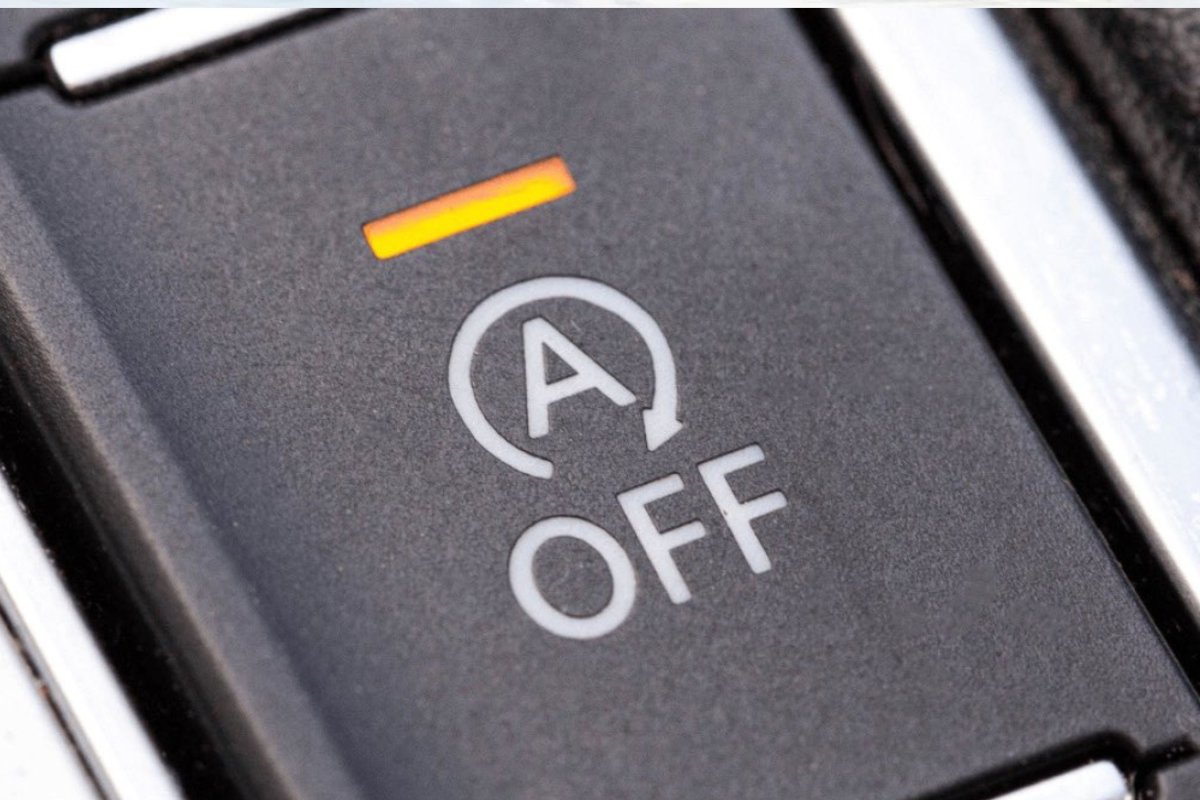For those who have ever stopped at an intersection only for their car to fall silent and then jolt back to life moments later, relief may be on the horizon.
Lee Zeldin, the administrator of the Environmental Protection Agency (EPA), is proposing a rollback of federal incentives that helped push automatic engine start-stop systems into millions of vehicles on U.S. roads.
Zeldin made the announcement via social media Monday, saying the feature was “where your car dies at every red light so companies get a climate participation trophy.” He added: “EPA approved it, and everyone hates it, so we’re fixing it.”
The Context
Automatic start-stop technology became popular in large part due to fuel economy and emissions regulations introduced during the Obama administration. Initially introduced by European carmakers in hybrid vehicles, over the past decade, it became common across many new models, including SUVs and pickup trucks. While it is not mandated in new cars, it has been widely adopted due to federal fuel standard incentives.

Automatic start-stop technology became popular in large part due to fuel economy and emissions regulations introduced during the Obama administration.
X / Twitter
The system shuts off the engine when the vehicle is fully stopped and restarts it when the driver releases the brake or presses the accelerator. Automakers claim the feature improves fuel efficiency and lowers greenhouse gas emissions. Critics say it can be annoying or even dangerous, causes long-term wear on engines and offers only minimal environmental benefits.
What to Know
Opposition to automatic start-stop systems has grown steadily, especially among drivers in hotter climates or those who experience inconsistent engine restarts. Common complaints include sluggish acceleration, disrupted air conditioning and concerns about wear and tear on starter motors.
Despite the backlash, most automakers continue to stand by the feature. In many vehicles, it’s programmed to default to “on” at every startup—meaning drivers have to manually disable it each time, if that option is even available.
“I disabled this immediately using tuner software for my car. It’s super annoying. I especially hated how it defaulted to ‘on’ every time I restarted the car,” one user posted in response to Zeldin’s announcement on X.
Another replied: “Thank you! I despise it. Sure, you can turn it off—but just the idea of having it in a gas-powered car is ridiculous.”
Does It Actually Save Fuel?
While unpopular with many drivers, the start-stop system does offer some fuel savings—though not in all driving conditions.
According to tests by the Society of Automotive Engineers, the feature can reduce fuel consumption by anywhere from 7 to 26 percent, depending on traffic patterns.
“If you’re crawling through city traffic where your engine gets plenty of nap breaks at every red light, then yes, the start/stop system can genuinely cut down on fuel use,” said Alex Knizek, associate director of auto test development at Consumer Reports.
However, Knizek noted that the benefits are minimal for highway driving. “Plenty of drivers find start/stop systems irritating and hit the off switch the moment the engine turns over,” he added.
What Happens Next
The EPA’s move comes amid a wider deregulatory push from the Trump administration. Zeldin’s announcement was met with a positive response on social media, with many praising the move as a “common sense” decision.
